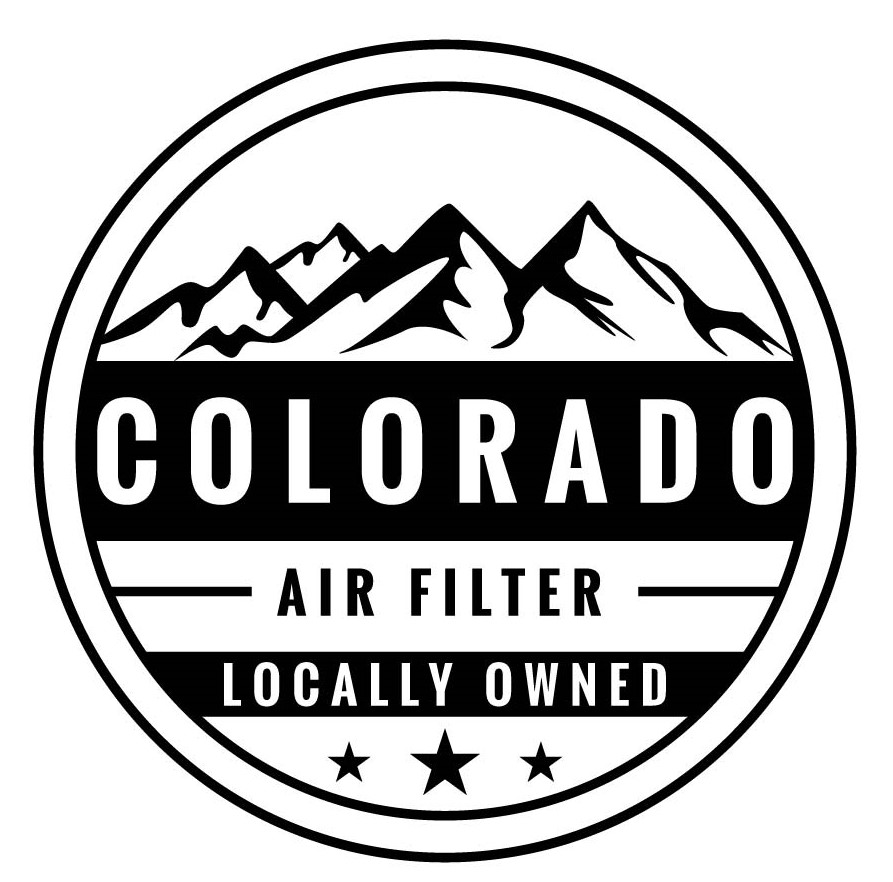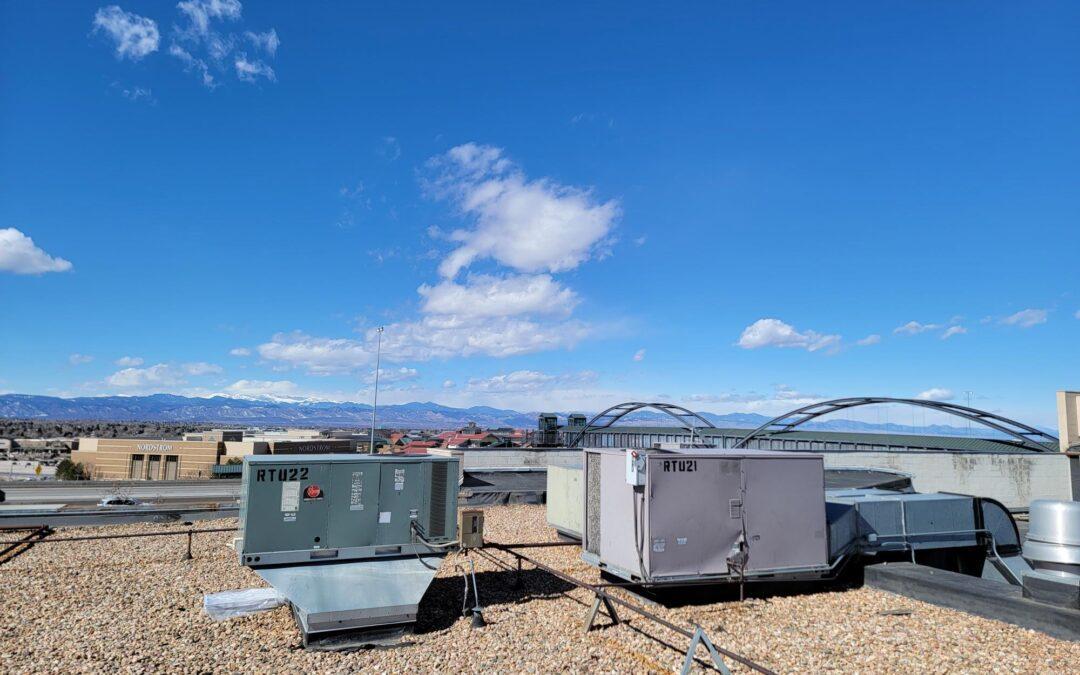Air filtration requirements for hospitals are critical to prevent the spread of airborne infections, protect patients with weakened immune systems, and provide a safe and healthy environment for healthcare workers. The following are some of the air filtration requirements for hospitals:
- Use of HEPA filters: High-efficiency particulate air (HEPA) filters are necessary for areas where the risk of airborne infections is high, such as operating rooms, isolation rooms, and intensive care units. HEPA filters are capable of capturing airborne bacteria, viruses, and other pathogens as small as 0.3 microns with an efficiency of 99.97%.
- Air pressure control: In critical areas such as operating rooms, negative or positive air pressure control may be required to ensure that airborne pathogens do not spread from one area to another. Positive pressure is used in operating rooms to prevent the entry of outside air and negative pressure is used in isolation rooms to prevent the spread of airborne infections to other areas.
- Filtration of air handling units (AHUs): Air handling units (AHUs) are used to circulate and filter air throughout the hospital. AHUs must be equipped with appropriate filters to remove airborne pollutants and contaminants.
- Ventilation rates: Ventilation rates for hospitals are specified in the American Society of Heating, Refrigerating, and Air-Conditioning Engineers (ASHRAE) Standard 170. Ventilation rates are determined by the type of area and occupancy, and are designed to provide a minimum amount of fresh air per person per hour.
- Regular maintenance and monitoring: Regular maintenance and monitoring of air filtration systems in hospitals are critical to ensure that they are functioning correctly and providing the necessary level of air cleanliness. This includes regular filter replacement, cleaning of air ducts and ventilation systems, and monitoring of air quality levels.
In addition to the above, hospital air filtration systems must comply with regulatory standards set by organizations such as the Centers for Disease Control and Prevention (CDC) and the Occupational Safety and Health Administration (OSHA). Proper air filtration in hospitals is essential for maintaining a safe and healthy environment for patients, visitors, and staff.

